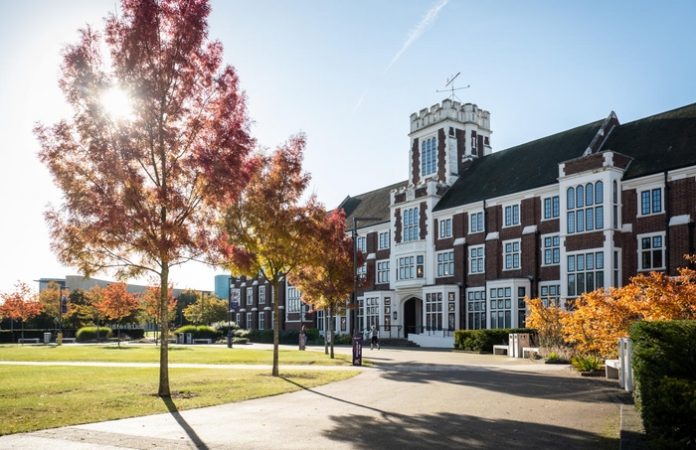Contractor Henry Brothers has started work on site to build a new energy and data hub for the student village at Loughborough University.
The £3.25m design and build project includes new mechanical and electrical infrastructure, external works and landscaping, housed in a single-storey building on Elvyn Way in the centre of the university’s student village.
It will provide a district heating and hot water scheme for the student accommodation and will replace Whitworth Tower, where the existing energy hub is located.
This is the latest in a number of developments that Henry Brothers has delivered for the university. The company is currently on site building the four-storey SportPark Pavilion 4 – the first Passivhaus development on the university campus.
Previously Henry Brothers successfully delivered the £30m refurbishment scheme of the W and S buildings, completed the £3.6m Towers dining facility, and was the contractor for the £17m STEMLab building, which opened in 2017.
Managing director of Henry Brothers Construction Ian Taylor said: “Over several years we have built a strong and successful partnership with Loughborough University, helping the university to upgrade and create new facilities. We are excited to have now started on site to build a new energy and data hub for the student village.”
Designed by David Morley Architects, the energy and data hub will sit into the natural slope of the land.
The work will be carried out in three phases to maximise construction during periods when students are not in residence and is due to be completed by September 2023.
Other members of the team include structural engineer Ridge & Partners, M&E consultants Axis and FPCR landscape architects.
Nottingham-based Henry Brothers Construction is part of The Henry Group, which comprises a number of manufacturing and construction sector companies, ranging from external construction through to interiors fit-out.
Henry Brothers is on a carbon reduction journey and is committed to cutting its carbon emissions by 50% by the year 2030, and to achieve net zero carbon emissions by 2050.






















